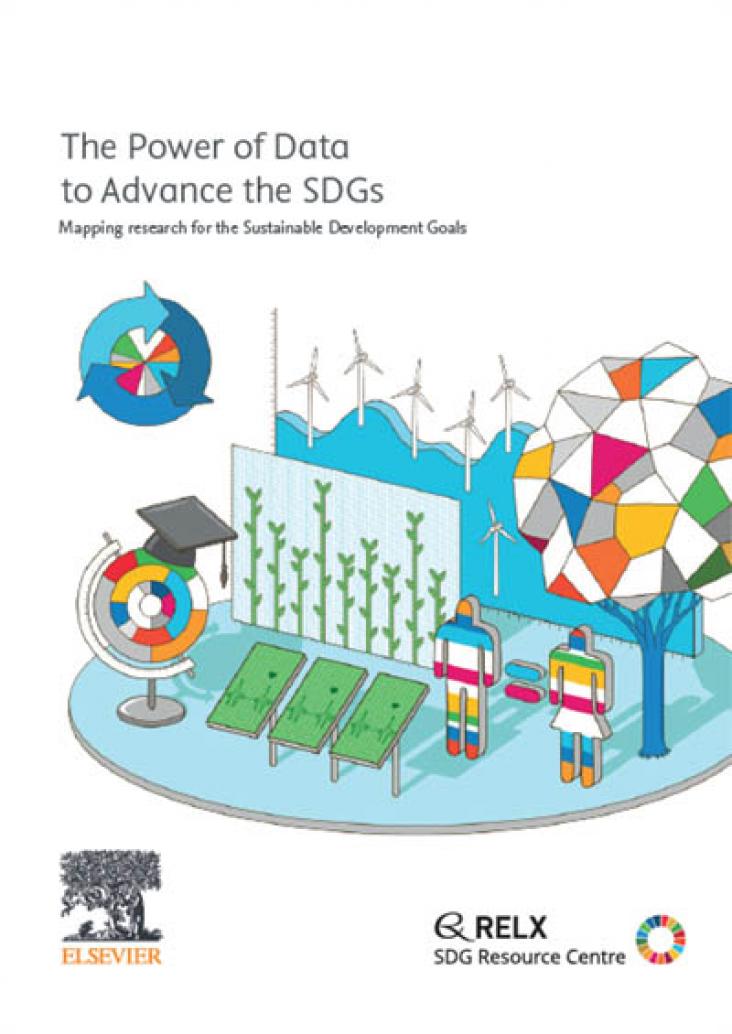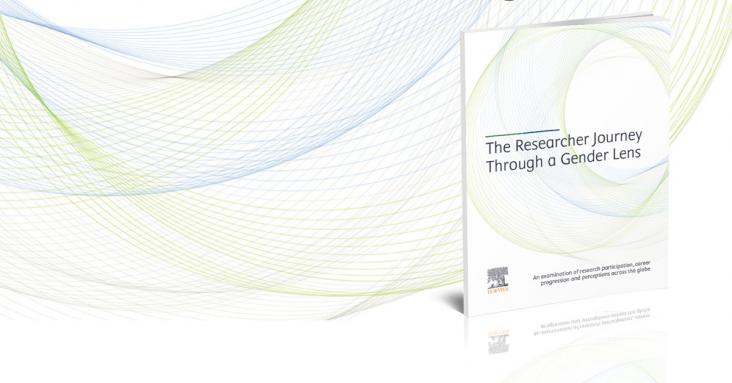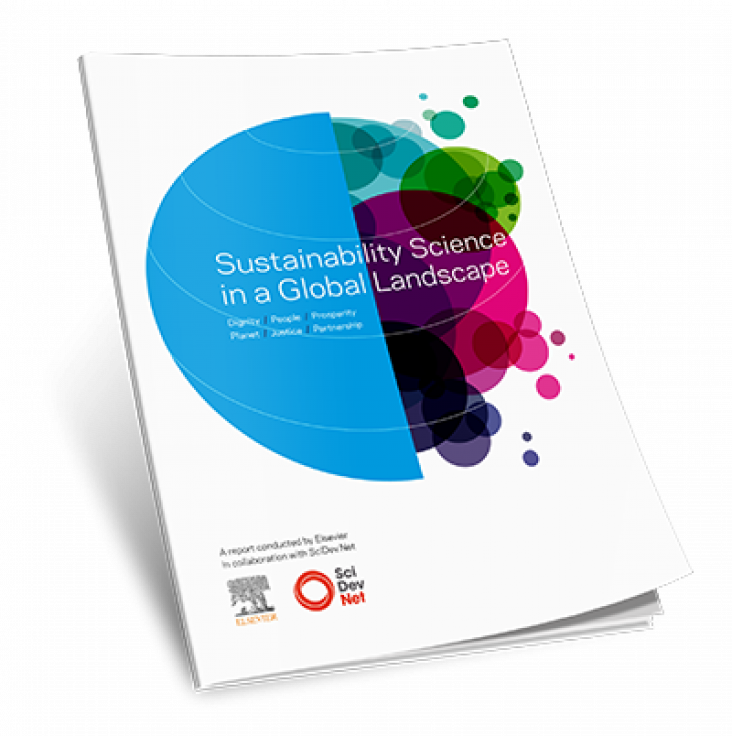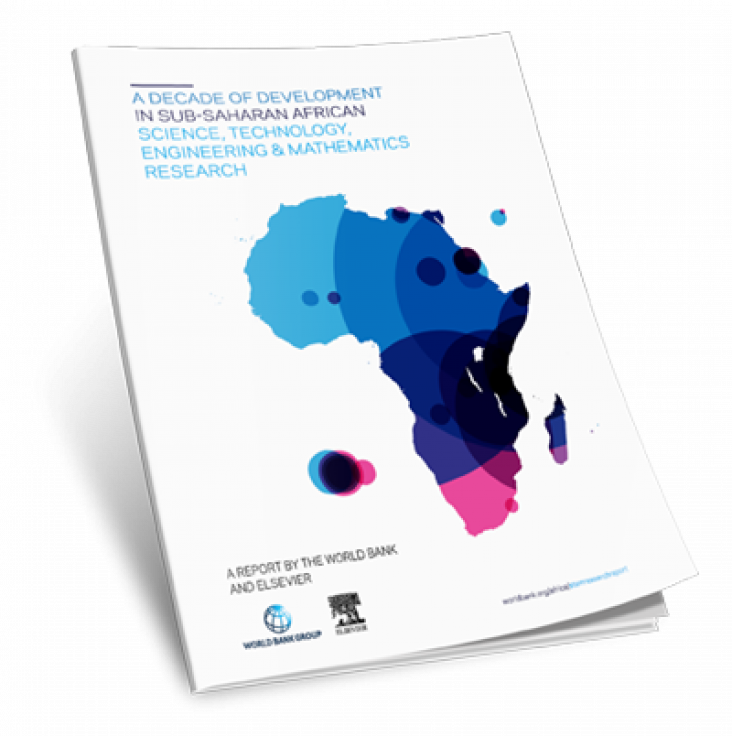Reduce inequality within and among countries
This Lancet Global Health Commission advances addresses SDG 3 directly, and SDGs 1, 2, 4, 5, 8 and 10 indirectly, by comprehensively demonstrating how improving eye health by treating and preventing vision impairment and vision loss can not only advance SDG 3—improving health and wellbeing for all—but also contribute to poverty reduction, zero hunger, quality education, gender equality, and decent work and economic growth. The findings of this report frame eye health as a development issue and highlight that, with a growing ageing population globally, urgent and concerted action is needed to meet unmet eye health needs globally, including incorporating equitable eye care into countries’ universal health coverage plans.
This book chapter advances SDG #3 and #10 by providing therapeutic strategies that can be employed in clinical trials for AD in DS will be discussed as well as their underlying scientific rationale.
This Personal View addresses SDGs 2, 3, 10, and 12 by exploring the potential consequences of food system innovations in relation to the SDGs. The authors highlight the negative consequences that standalone innovations can have for some sustainability goals, particularly for reducing inequalities and improving social justice. They identify ways in which technical innovations could be embedded in systemic changes to address trade-offs between positive and negative outcomes of their implementation.

By mapping the state of research within each SDG area, this report acknowledges the pivotal role research plays in tackling some of the world’s greatest challenges. It aims to better understand the research community’s global sustainable development efforts and assesses the progress made, as well as unmet research needs.
As the world of research moves towards open access, publishers have a further task – ensuring the knowledge gap between the Global North and Global South continues to close. Contributing to SDGs 10 and 17, this paper provides an evidence base supporting practical recommendations towards the equitable and inclusive shift towards open access

Furthering SDGs 5 and 10, this report aims to better understand the role gender plays in the global research enterprise and inspire evidence-based policy driven by powerful data. It examines research participation, career progression and perceptions across the European Union and 15 countries globally in 26 subject areas. The report concludes that while the participation of women in research is increasing overall, inequality remains across geographies and subject areas in terms of publication outputs, citations, awarded grants and collaborations.
Directly contributing to SDG 10 (reduced inequalities), SDG 5 (gender equality) and SDG 4 (quality education), this report investigates sexual harassment incidents within academia and discusses the uprising of online naming and shaming of sexual harassment culprits.
Elsevier published Sustainability Science in a Global Landscape which analysed the sustainability science research according to six themes: Dignity, People, Prosperity, Planet, Justice, and Partnership. Key data has since been updated covering 2011 to 2015 for the top 15 countries in sustainability science output.

This report, conducted by Elsevier in collaboration with SciDev.net, contributes to the understanding of sustainability science as a research field and the dialogue between science and society in sustainable development. The report is relevant to all 17 SDGs as it underlines the inter-disciplinary nature of sustainability science and the impact that has on the success of the SDGs. The report helps to advance SDG 4 Quality education and SDG 10 Reduced inequalities.

This report, a partnership between Elsevier and the World Bank, examines and compares the research enterprise of sub-Saharan Africa from 2003 and 2013, with a special emphasis on research in STEM. This analysis provides valuable insights that help to advance SDG 4 Quality education and SDG 10 Reduced inequalities.
